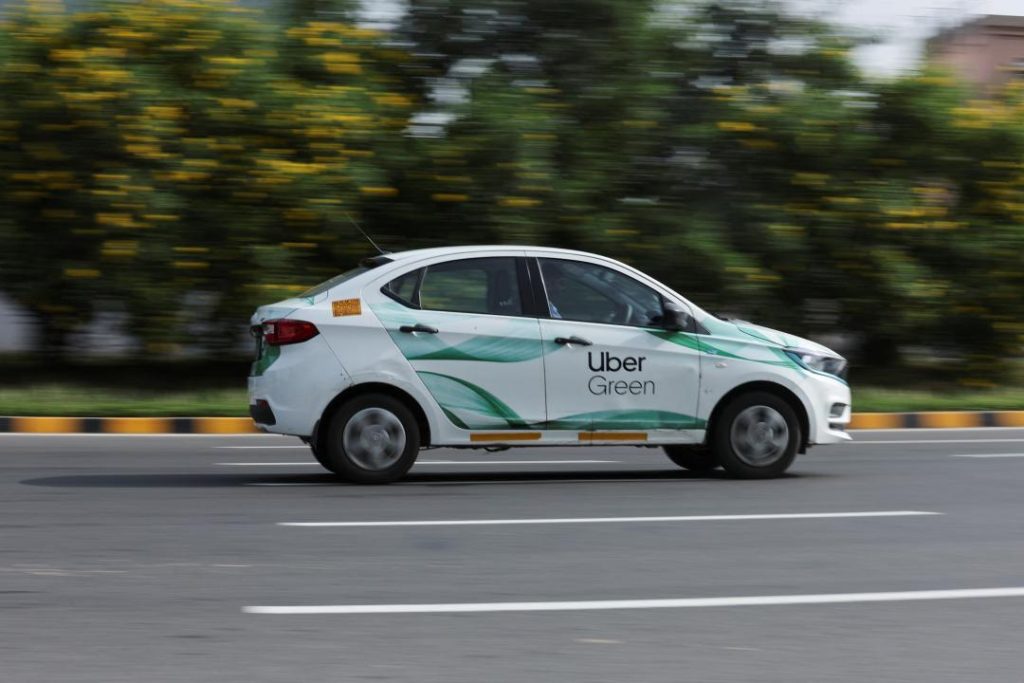
Why are Ola, Uber & Rapido drivers on indefinite strike in Mumbai?
In a move that has left commuters in Mumbai frustrated, drivers of popular ride-hailing services Ola, Uber, and Rapido have gone on an indefinite strike, causing disruptions in the city’s transportation system. The strike has resulted in longer wait times and fewer cabs on the road, leaving many wondering what the cause of this sudden action is.
According to reports, the drivers are protesting against the low earnings they receive after deducting aggregator commissions and fuel expenses. They claim that their actual income falls to just ₹8-12 per kilometre, which they find unsustainable amid rising fuel and maintenance expenses.
The strike, which began on a recent Wednesday, has brought traffic in the city to a standstill. Commuters have taken to social media to express their frustration, sharing photos and videos of long queues of people waiting for taxis and the scarcity of available cabs.
So, what are the reasons behind the strike, and what do the drivers hope to achieve? Let’s dive deeper into the issue.
The drivers’ plight
The drivers, who are mostly small-time Entrepreneurs, are struggling to make ends meet. They claim that after deducting commissions and fuel expenses, they are left with meager earnings. The commissions, which range from 15% to 25% of the fare, are a major concern for the drivers. Additionally, the rise in fuel prices has added to their woes, making it difficult for them to maintain their vehicles and earn a decent income.
“We are not protesting for the sake of protesting. We are fighting for our rights,” said one of the striking drivers. “We want a fair share of the earnings. We want the commissions to be reduced. We want the fuel prices to be stabilized.”
The role of aggregators
The aggregators, Ola, Uber, and Rapido, have been accused of exploiting the drivers, taking a significant portion of the earnings without providing adequate support. The drivers claim that the aggregators have been making huge profits while they struggle to make a living.
The aggregators, on the other hand, argue that they provide a platform for the drivers to earn a living, and that the commissions are necessary to maintain the infrastructure and customer support.
The impact on commuters
The strike has caused significant inconvenience to commuters in Mumbai. The city’s transportation system is already stretched to the limit, and the lack of cabs has made it difficult for people to get around.
The strike has also sparked concerns about the safety of commuters, as many have taken to walking on the roads to reach their destinations. The Mumbai Police have been deployed to manage the traffic and maintain law and order.
The way forward
The strike is likely to continue until the drivers’ demands are met. The aggregators have been trying to negotiate with the drivers, but so far, no agreement has been reached.
The Maharashtra government has also stepped in, urging the drivers and aggregators to resolve the issue amicably. The government has promised to look into the matter and take necessary steps to ensure a fair deal for the drivers.
Conclusion
The indefinite strike by Ola, Uber, and Rapido drivers in Mumbai has brought the city’s transportation system to a standstill. The drivers are fighting for their rights, demanding a fair share of the earnings and better working conditions. The aggregators, on the other hand, are accused of exploiting the drivers, taking a significant portion of the earnings without providing adequate support.
As the strike continues, it remains to be seen whether the aggregators will agree to the drivers’ demands or if the government will intervene to resolve the issue. One thing is certain, however – the drivers’ plight is a symptom of a larger problem, and a solution needs to be found to ensure that the drivers are treated fairly and with respect.






